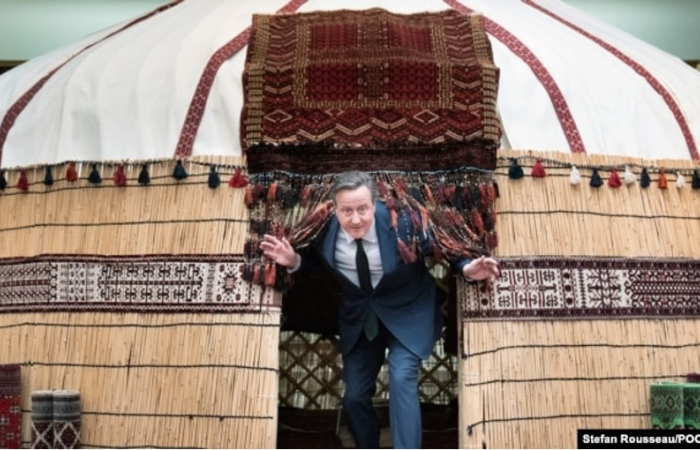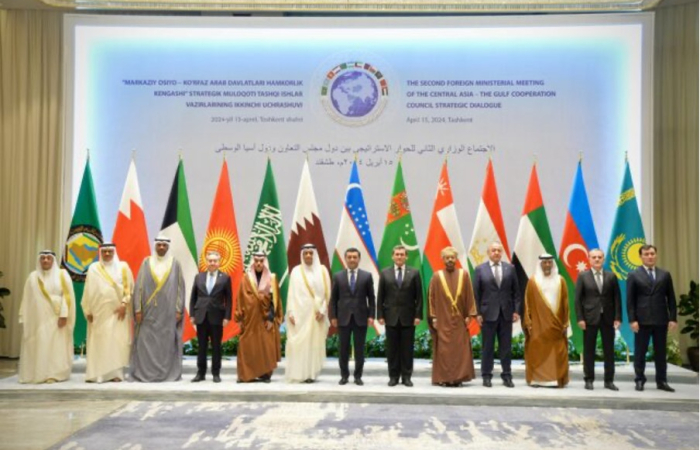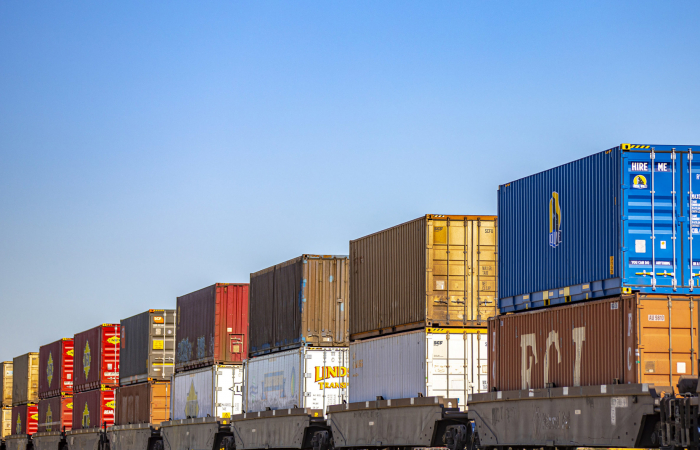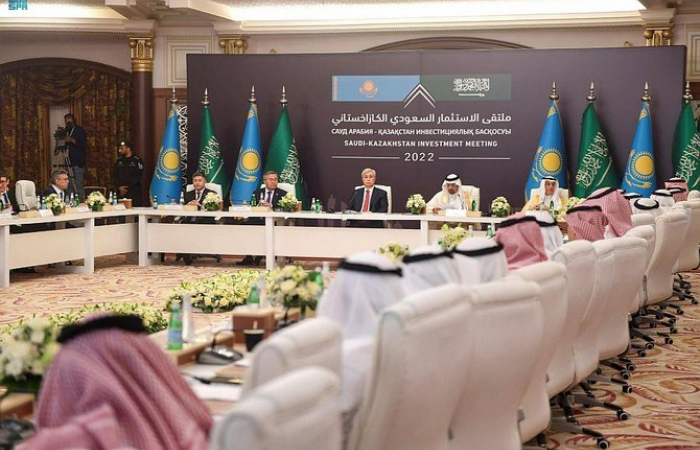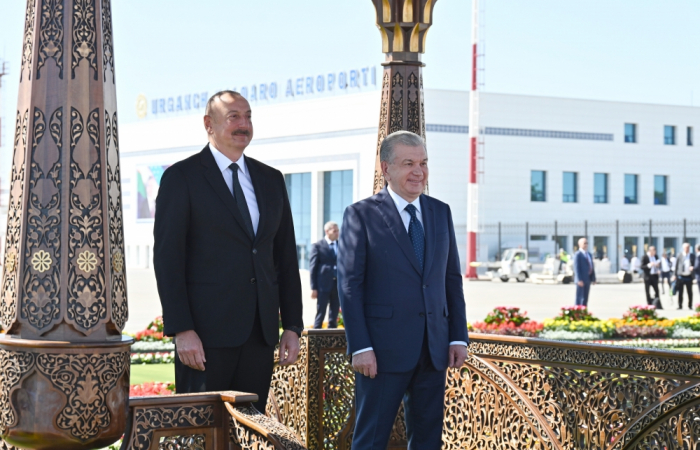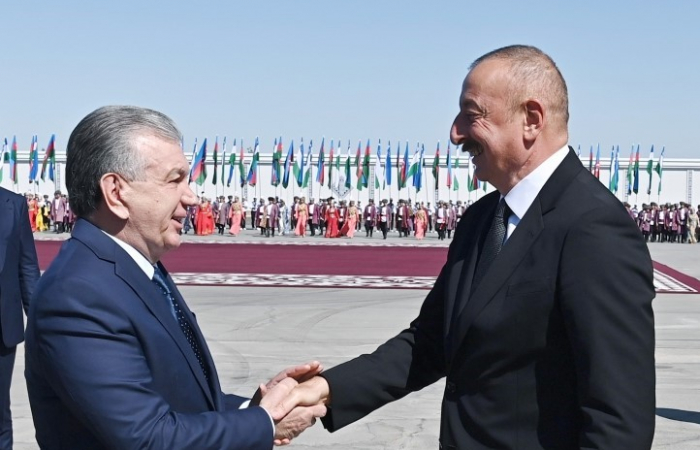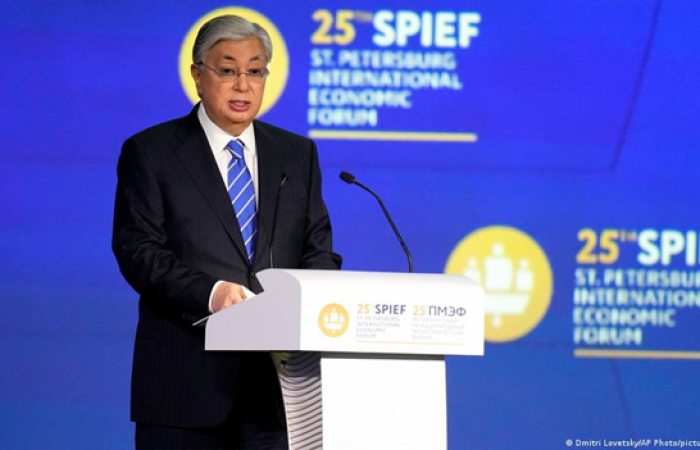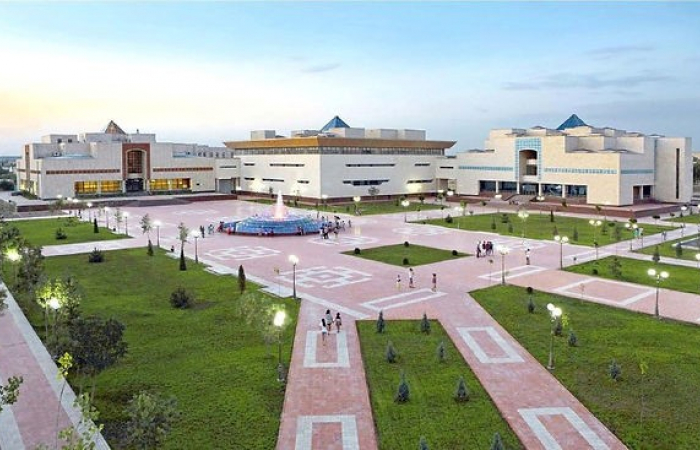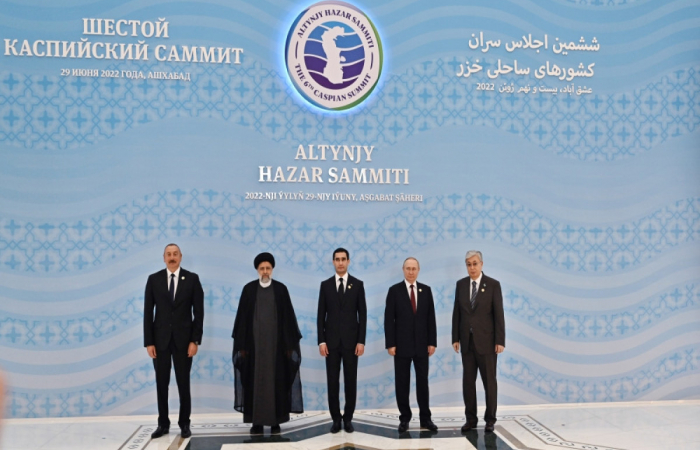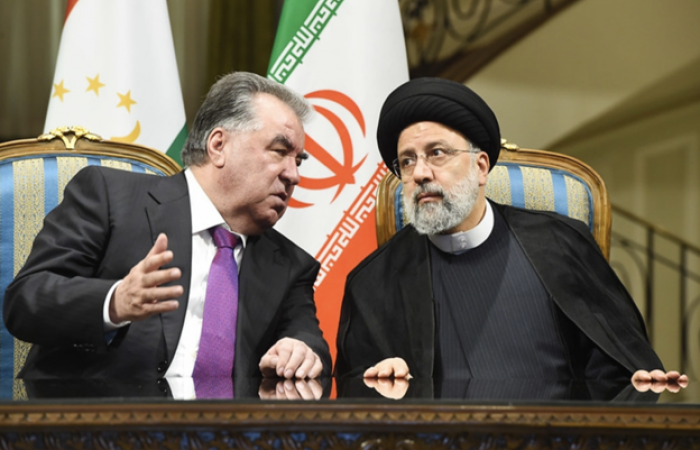Editor's choice
This is a members’ functionality. Please
Sign upAnalysis
Trending
Questions remain as to who was behind deadly protests in Uzbekistan’s Karakalpakstan region
13 July 2022
Two weeks after violent protests rocked Uzbekistan’s Karakalpakstan region, speculation continues about who was behind the turmoil that appeared to take officials in the capital, Tashkent, completely by surprise. This despite the fact that the reasons that triggered the unrest appear to be clear, namely proposed constitutional changes that promised to weaken the autonomy of the region, which occupies a territory, of 166,590 sq kms, and has a population of 1.9 million.
Official reports say that 18 civilians were killed during the protests, 94 hospitalised, and hundreds more injured.
The Uzbek Government has blamed unspecified foreign forces for being behind the unrest. Uzbekistan is a tightly managed country, where such unrest is by and large unheard of, and where the only country that has the potential to provoke such wide-spread disturbances is Russia, given its longstanding and deep rooted influence in Central Asia. Some Uzbek diplomats in Europe have been briefing that the disturbances were part of a planned “colour revolution”, although they did not quite explain what they meant by that. Uzbekistan is known to have been under considerable pressure from Moscow in recent years to join Russia-led regional structures, such as the Eurasian Economic Union and the CSTO military alliance, but president Shavkat Mirziyoyev has so far resisted the pressure.



